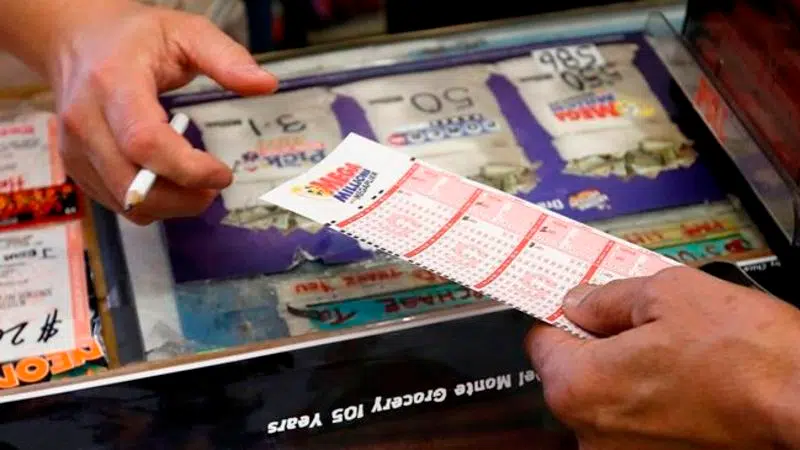
Growing number of states move to shield lottery winners
PHOENIX — A growing number of states are moving to allow the winners of big lottery jackpots to stay anonymous as privacy concerns are increasingly trumping lottery groups’ wishes to publicize winners to boost sales and show that the games are fair.
Arizona could be the next state to join at least nine others with laws that let winners keep their names secret under a proposal headed to Republican Gov. Doug Ducey. Four years ago, just five states allowed anonymous winners, and a handful of others allowed trusts to claim prizes.
At least eight state legislatures considered measures shielding winners’ names this year. Virginia’s governor signed legislation allowing winners of $10 million or more to remain anonymous. Proposals in Arkansas and Connecticut failed, while efforts in Massachusetts, Minnesota and Oregon are still being considered.


